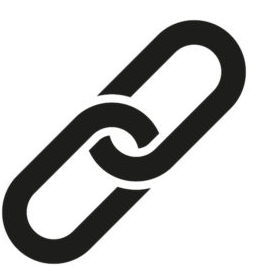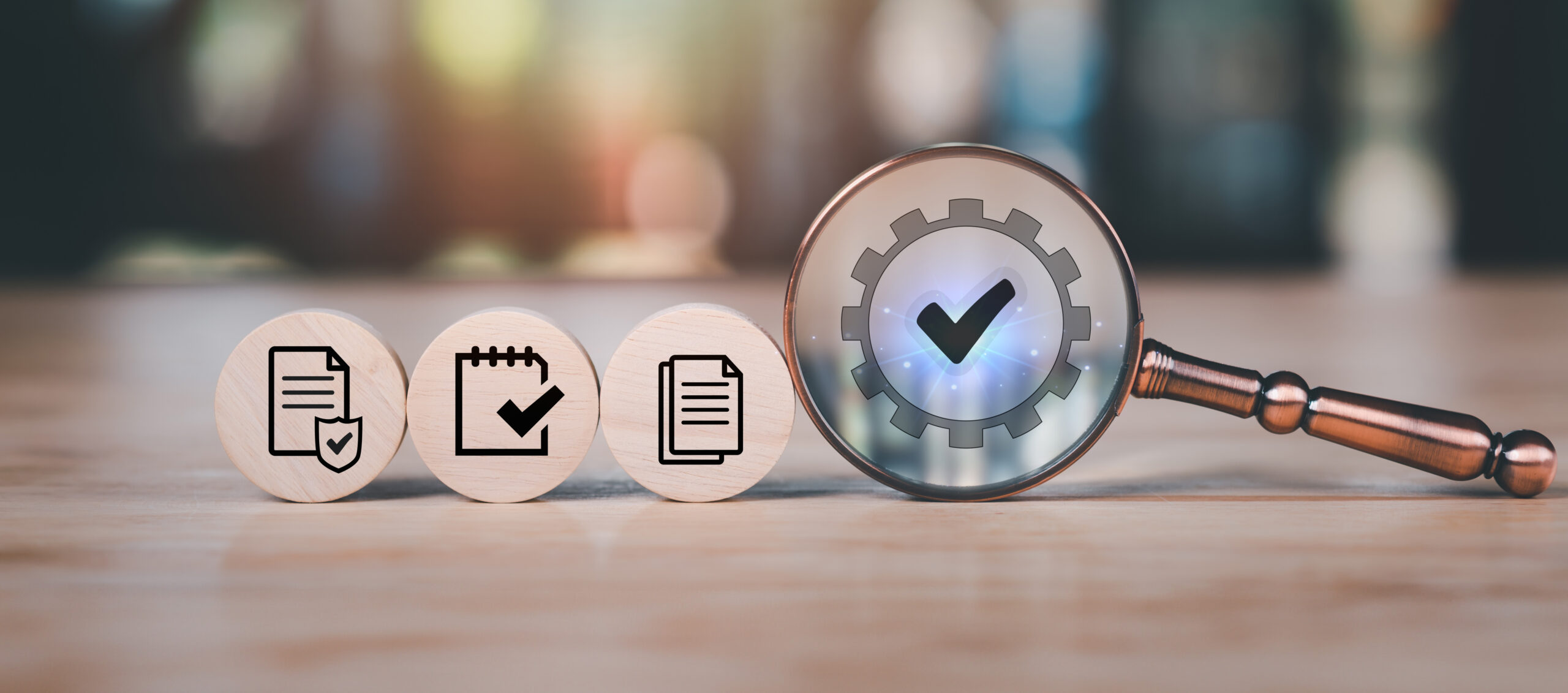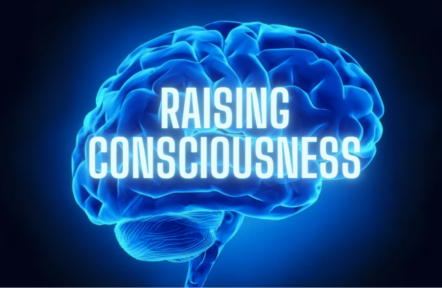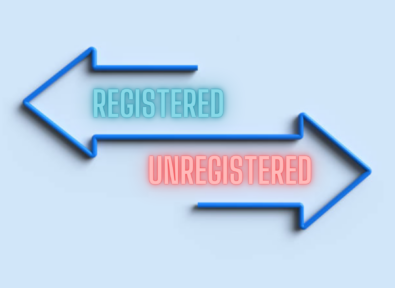It may seem confusing, but NDIS is all about giving people with a disability a choice in how they live their lives.
The National Disability Insurance Scheme (NDIS) commenced in trial sites on 1 July 2013. It has been progressively rolled out across Australia and will be completed by 2020. Although there has been a lot spoken and written about NDIS there is still confusion over what it is and how it works. This article tries to simplify the process and get you started.
“Every Australian Counts”
In 2011 the “Every Australian Counts” campaign was launched. It was made up the people in the community who were in some affected by disability and The National Disability & Carer Alliance. It was a coming together of like-minded people who wanted a fairer go for people with disability in Australia. The system that was operating at the time had been found to be “underfunded, fragmented and unfair”. Since 2008 people had been talking about creating a national system with enough funding to provide tailored, individual support, as opposed to the ‘one size, fits all’ system in place at the time.
Two years after “Every Australian Counts” started, the NDIS was launched. NDIS is about building capacity for people with a disability so they can be a part of our community, have an education, job, or even their own business.
You can read more about “Every Australian Counts” here: https://www.everyaustraliancounts.com.au/about/
How does NDIS work?
You must be eligible
To be eligible for NDIS funding you need to be:
-Under 65 years of age
-Hold Australian residency. That is, you live in Australia and be:
-An Australian citizen, OR
-A permanent resident, OR
-Hold a Protected Special Category Visa
-You have a permanent or significant disability that stops you from doing everyday things by yourself.
-Be a child 0-6 years with significant developmental delay requiring early intervention
-You will need to provide evidence that getting support now will help you by: reducing the impacts of your disability or developmental delay, and building your skills and
If you are eligible, you need to get an Access Request Form. These are available from your Local Area Coordinator, Early Childhood Early Intervention partner (if your child is under 7), your local NDIA office or you can call 1800 800 110. To locate your closest office go to https://www.ndis.gov.au/contact/locations
You will need to provide them with:
- Your name, age, where you live and whether you have permission to live in Australia permanently.
- Evidence of your age and residence.
- Details and evidence about your disability and how it impacts you each day.
- Current and/or relevant reports you already have from medical specialists or allied health professionals.
- Whether you give permission for the NDIA to talk to other people about your disability, including Centrelink, your GP or a person providing support to you.
You have a plan
Once you have been accepted, you need to have plan. NDIS funding is based on a plan. It is your plan for your life. Most Australians have goals and ambitions. It is no different for those with disability. How do you see yourself living your life? What do you want to achieve? What are your short and medium to long-term goals? It is from this plan that the various government and community supports can be determined, as well as how much funding you will need to achieve your goals.
What type of support can I request?
There are three types of support budgets available.
- Core supports
- Capacity Building
- Capital Supports
Depending on your requirements, you may be entitled to one, two or three budgets. However, you must also keep in mind that funding will only cover what is “reasonable” and “necessary” in order to achieve your goals.
The NDIS website gives more information about these budgets.
What’s next?
Once you have determined what you would like in your plan, you need to have it written up so NDIS knows about it? Where do you go?

There are a number of places you can access and are known as partners. These partners are organisations that already exist in your community.
For participants over 7 years of age, the Local Area Coordinators (LAC), will help write your plan. They will also help you achieve your goals by finding and accessing the
For parents with children 0-6 with developmental
If there isn’t a LAC or ECEI partner available in your area, the NDIA may fund a Support Coordinator. They will provide the same service as the LAC or ECEI.
For those who require higher and more complex levels of
Once your plan is finalised and you have been provided with funding, you are in control of how you spend it BUT you must spend it on items for which they have been allocated, and must represent value for money. You can always get support from NDIS partners to ensure you are doing the right thing. This can be the beginning of an exciting new chapter in your life.
Need further help?
NDIS can be very confusing, and if you need any further help to work your way through it, contact Care to Change by clicking the Contact Us tab at the top of our webpage.


